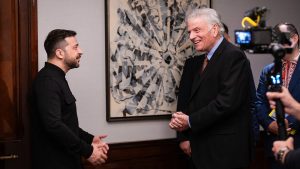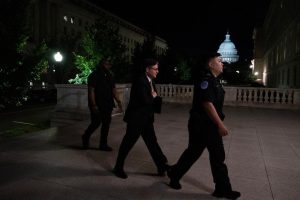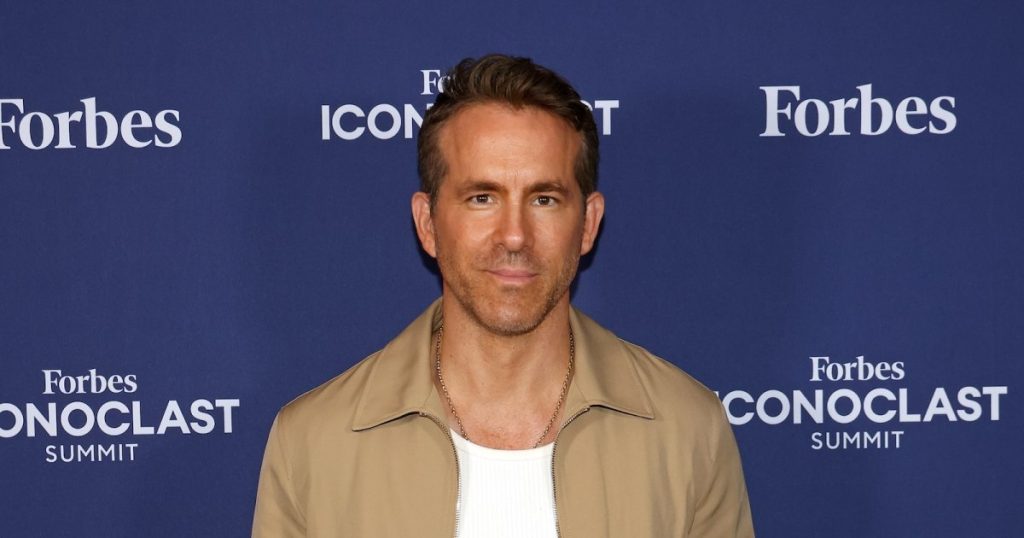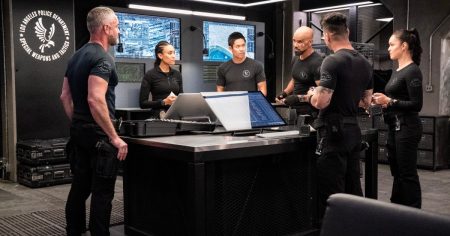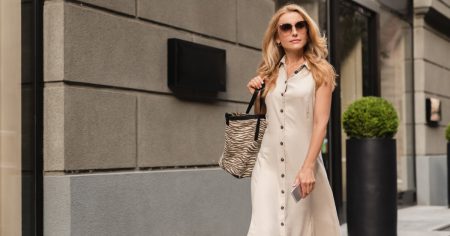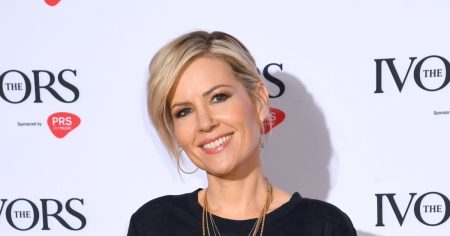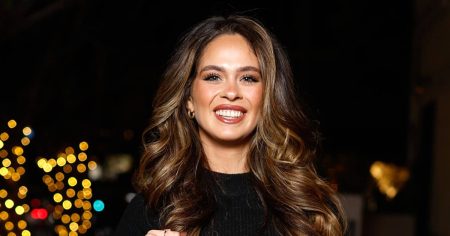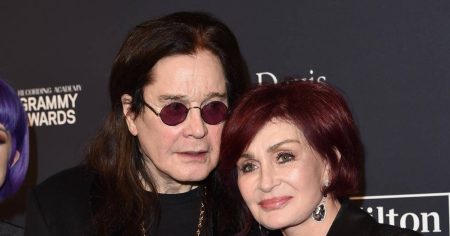Ryan Reynolds’ relationship with his father, James Chester Reynolds, was a complex and often strained one, marked by a significant emotional distance. The elder Reynolds, a product of a stoic, “less is more” generation, communicated primarily through grunts and minimalist expressions, a stark contrast to the effusive and emotionally expressive personalities of his son and wife, Blake Lively. This communication style, reminiscent of the taciturn demeanor of Clint Eastwood, created a challenging dynamic for Reynolds, leaving him yearning for a deeper connection with his father. This emotional landscape deeply impacted Reynolds’ understanding of himself and his approach to fatherhood, prompting him to continually re-evaluate his perceptions of his father and their relationship.
As Reynolds matured, he began to question the narratives he had constructed about his father and their dynamic. He acknowledges the human tendency to create stories about others, often to simplify complex relationships. In recent years, Reynolds has made a conscious effort to deconstruct these narratives, acknowledging the inherent complexities and nuances within familial bonds. He recognizes that his perception of his father may be colored by his own emotional needs and the passage of time, leading him to question whether he romanticized the challenges in their relationship. This introspective journey has led him to a more balanced perspective, realizing that neither he nor his father fit neatly into simplistic, black-and-white categorizations.
The common ground between Reynolds and his father was their shared passion for sports, a connection that served as a primary, albeit limited, form of communication and bonding. This shared interest mirrored Reynolds’ own experience with his children and their mutual enthusiasm for Wrexham, the Welsh football club he co-owns. The parallel between his relationship with his father and his own role as a father highlighted the cyclical nature of family dynamics and the influence of parental relationships on subsequent generations. This awareness further fueled Reynolds’ desire to understand and process his complex feelings about his father.
Blake Lively, Reynolds’ wife, played a pivotal role in facilitating a reconciliation between Reynolds and his ailing father. Recognizing the importance of this connection, particularly after the birth of their first daughter, James, Lively encouraged Reynolds to reach out and mend their strained relationship. This intervention proved timely, as Reynolds’ father passed away shortly after James’ birth, but not before having the opportunity to meet his granddaughter. This poignant moment brought a sense of closure and peace to Reynolds, highlighting the transformative power of forgiveness and reconciliation within families.
Reynolds’ reflections on his relationship with his father underscore the evolving nature of familial bonds and the importance of self-reflection in understanding those dynamics. He acknowledges the tendency to create simplified narratives about family members, especially during childhood and adolescence, and emphasizes the need to challenge those narratives as we mature and gain a broader perspective on life. His ongoing process of questioning and re-evaluating his relationship with his father demonstrates a commitment to personal growth and a willingness to confront uncomfortable truths about his past.
The narrative of Ryan Reynolds and his father is not merely a personal anecdote but a reflection of the universal complexities inherent in family relationships. It highlights the challenges of intergenerational communication, the impact of upbringing on individual personalities, and the transformative power of self-reflection and forgiveness. Reynolds’ willingness to openly discuss his experiences offers a valuable perspective on the ongoing process of understanding and accepting the complexities of family dynamics, a journey that continues to shape his own approach to fatherhood and his understanding of himself.
